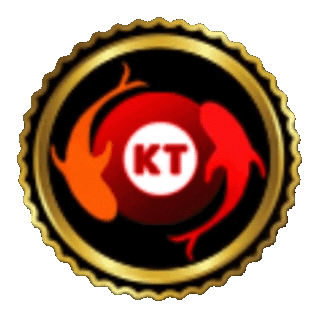
KOITOTO Agen Togel Online Resmi & Login Situs Toto Aman Terpercaya
KOITOTO merupakan agen togel online resmi yang menyediakan akses login situs toto aman dan terpercaya bagi para pecinta permainan angka. Sebagai platform berlisensi, KOITOTO menjamin keamanan data dan transaksi setiap membernya dengan sistem enkripsi modern. Selain menyediakan berbagai pasaran togel populer seperti Macau, Singapore, dan Hongkong, KOITOTO juga menghadirkan pengalaman bermain yang cepat, adil, dan transparan. Dengan layanan customer support 24 jam dan proses transaksi super cepat, KOITOTO menjadi pilihan utama bagi pemain yang mencari situs toto online yang benar-benar aman, terpercaya, dan menguntungkan di Indonesia maupun Asia.


